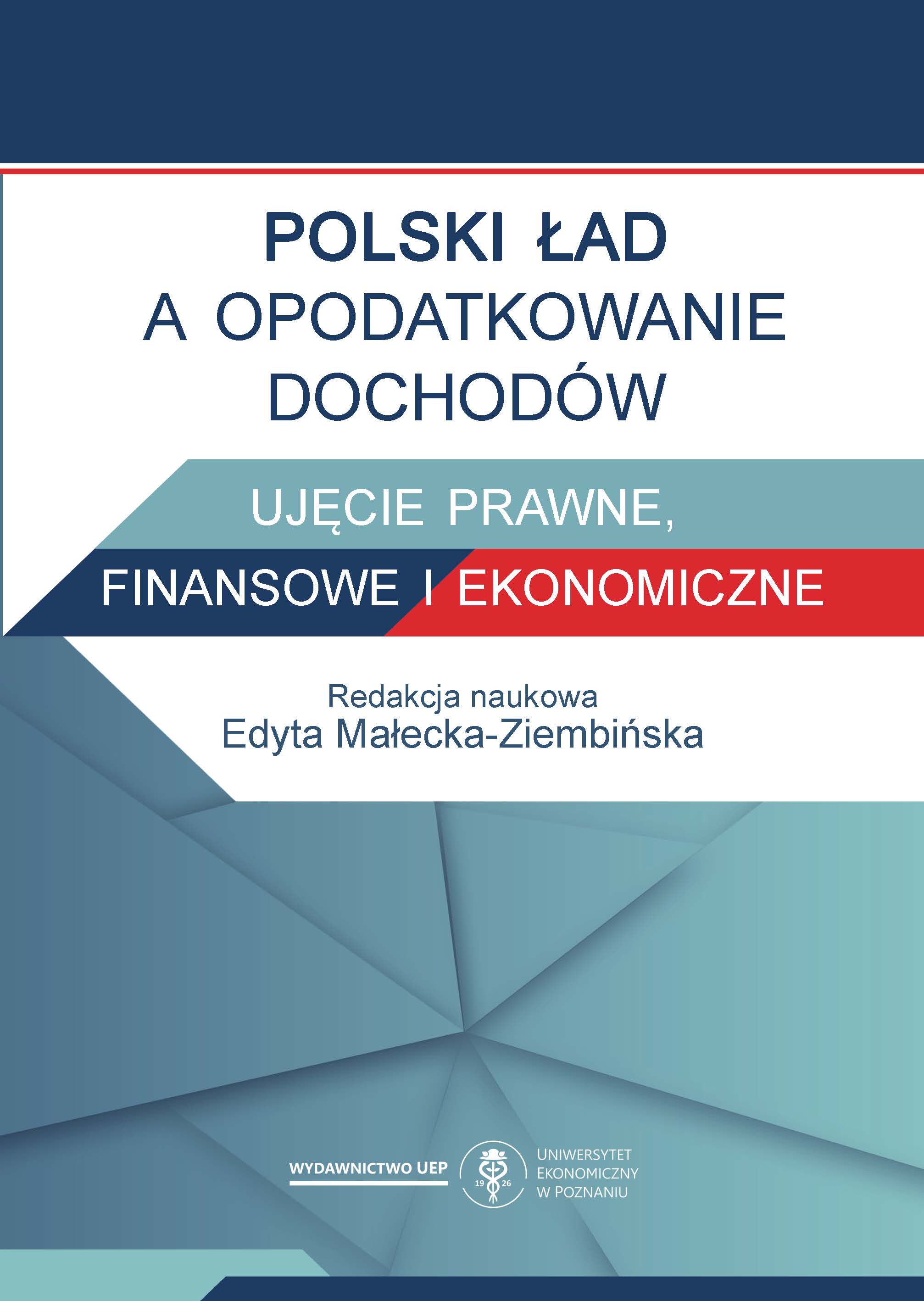
We kindly inform you that, as long as the subject affiliation of our 300.000+ articles is in progress, you might get unsufficient or no results on your third level or second level search. In this case, please broaden your search criteria.

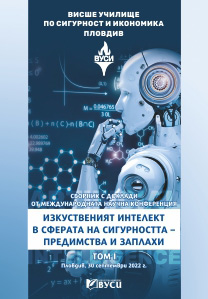
The circular economy creates new opportunities by introducing ecological principles in manufacturing. The use of technology and artificial intelligence in the circular economy in the environment will contribute to creating new jobs. Digitalization helps to use resources more efficiently and optimize processes and sustainable growth. The skills of the future are directly related to the digital and green transformation of the economy.
More...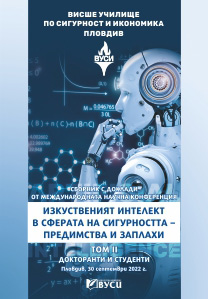
For the first time in its history, contemporary society is facing challenges so diverse in nature – from the protracted pandemic of the Covid-19, to the crisis of hostilities in Ukraine; serious challenges based on the energy crisis, and complex economic relations. In this context, the complicated political situation throughout the world seems to be the scene of the search for new solutions in all spheres of socio-political life. In these turbulent times, there is still talk of 'sustainability' – of solutions, policies, strategies. Employers and employees face joint challenges to reconcile sustainability and profitability. This paper aims to present key ideas related to the concept of Green HRM and to highlight some key features in making sense of the applicability of this concept in the practice of modern organisations. It focuses on the current state of Green HRM practices in Germany and Bulgaria, where HRM has been a leading theme in recent years and where good practices and ideas can be drawn out.
More...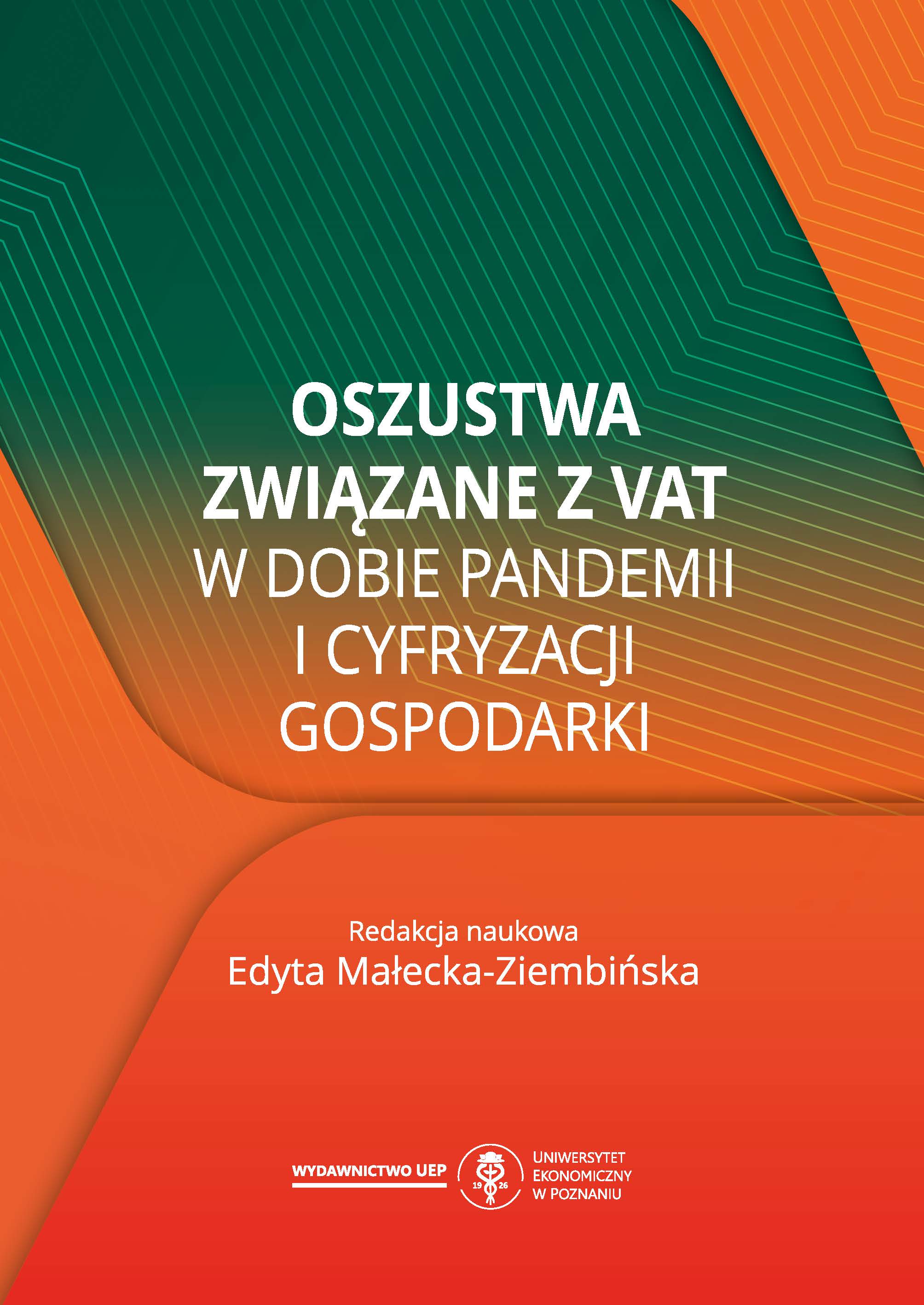
Purpose: The purpose of this study is to outline the specifics of VAT taxation in the e-commerce sector and to present the legislative measures implemented by both Poland and the EU in order to reduce the tax gap in this area. Design/methodology/approach: The authors analyse the recent changes in the field of EU and national law aimed at counteracting VAT fraud in the area of new distributions channels of goods and services. The authors present new legal solutions, especially those addressed to online platforms, and examine their impact on the e-commerce market. The effectiveness of legal solutions is illustrated by data and statistics provided by the National Revenue Administration. Findings: Statistical data prove the effectiveness of the adopted legislative changes. Not with standing above the EU Commission’s new legislative proposals are presented and aimed at more effective transparence and compliance in this sector.
More...
Purpose: The purpose of this research is to describe and elucidate the legal provisions related to Value Added Tax (VAT) crimes. Simultaneously, this study aims to delve deep into the realm of tax-related crimes, illuminating the different forms, their implications, and the impacts they bear. A critical component of this chapter will be devoted to the liability of the perpetrators in such crimes and the legal repercussions. By undertaking this, this chapter seeks to provide an understanding of VAT’s legal landscape, the challenges posed by tax crimes, and the mechanisms in place to ensure accountability and justice. Design/methodology/approach: In this chapter several approaches will be integrated. First, the dogmatic and legal analysis will be employed. This involves an examination of legal texts and statutes to derive established legal norms and principles. It ensures that this chapter remains rooted in the foundational legal doctrines and interpretations. Second, the theoretical and legal method will be used to provide an analytical framework. Through this method it is possible to insight theoretical underpinnings of the legal provisions in question. Findings: Several findings have emerged in this chapter. There is a detailed delineation within Polish criminal regulations that pertains to offenses and Value Added Tax crimes. This distinction allows for a better understanding of illegal activity of the criminals, starting from straight forward VAT omissions, to more serious crimes that may directly or indirectly pertain to VAT. Additionally, Polish fiscal regulations came to the fore. Their structure not only defines tax obligations but also emphasizes the importance and repercussions of non-adherence. What is more, the research brought into sharp focus the mechanisms by which liability is determined in the context of VAT-related crimes. Polish legal stipulations make anuanced distinction when determining accountability, especially concerning petty crimes versus more serious tax crimes. This distinction ensures that punishments for criminals committing VAT-crimes are not only meted out but are also proportionate to the nature and severity of the offense.
More...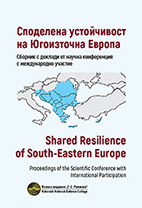
The article examines the possibility of protecting files containing personal data or sensitive information using envelope encryption. The principle of this type of encryption, its advantages and disadvantages compared to other types of encryptions is described. Examples of the practical use of envelope encryption for working with files, the content of which must be protected, and access to the information in them should be possible only for certain users.
More...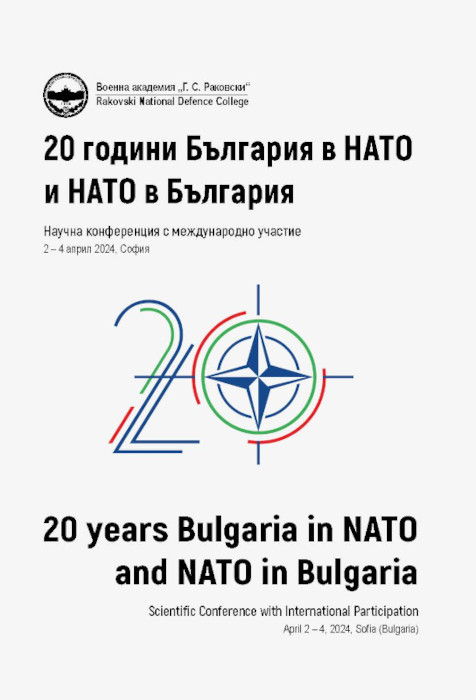
Analyzing the probability of a cybersecurity risk event occurring is essential to reducing the likelihood and severity of cyberattacks. This report examines data to assess the likelihood of a risk event occurring in cybersecurity systems in the Republic and around the world. Although the results are trends rather than exact representations of the total number of attacks, they provide valuable guidance for improving cybersecurity. The deep insights that are gleaned from analyzing the information can be unexpected, helping us see things in new ways or understand connections we hadn‘t noticed before. In the context of cybersecurity, this can help us prevent attacks and improve the protection of information systems.
More...
The management of systems is often associated with great difficulties arising from the high degree of uncertainty in the elements influencing the system’s operation. One means of overcoming these difficulties is to automate processes by applying knowledge in artificial intelligence systems. The development of technologies in the field of artificial intelligence contributes to the increase of capabilities in control systems to perceive and interpret reality. The paper presents models of a conventional system with artificial intelligence, as well as a description of the properties and processes involved in the control process in both systems. The brief analysis identifies opportunities for improving management and increasing its efficiency through the use of artificial intelligence systems.
More...
The transition from a post-industrial economy to a digital economy is presented as a major trend in world economic development at the beginning of the 21st century. The relationship and conditioning of the term “digital economy” with related concepts is traced and it is emphasized that the digital economy creates new opportunities for growth and well-being, but is also associated with many challenges. The digital economy is emerging as a generalizing concept, which is reduced not only to new digital technologies, but also to significant changes in the traditional rules of doing business, in new manifestations of classical economic laws. The expansion of the digital economy thus has major strategic implications for productivity growth and global GDP.
More...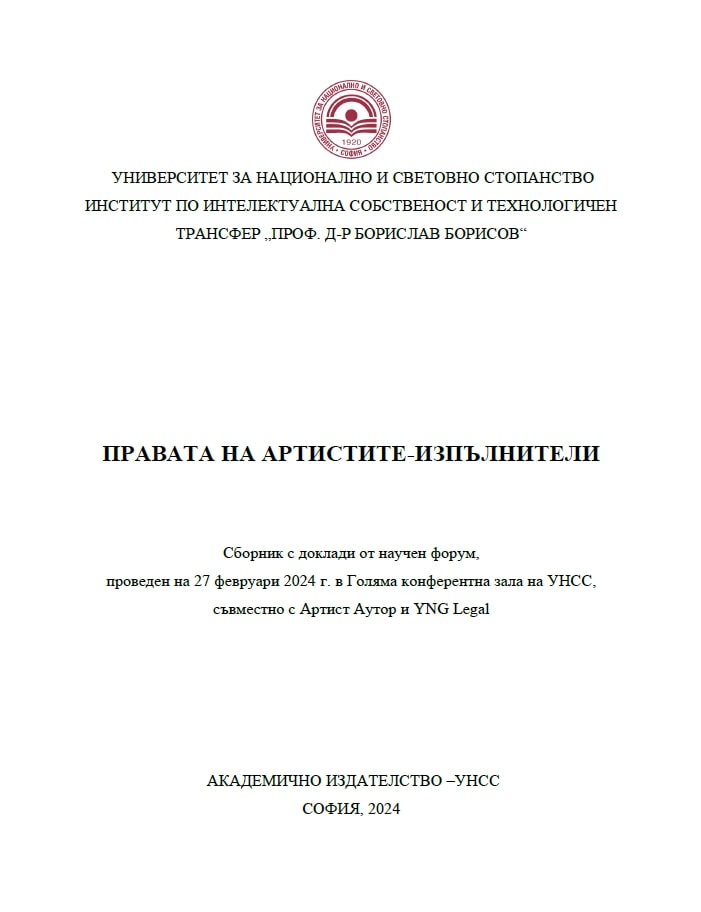
This study analyses the role of the Internet for performers by presenting the main economic benefits and losses. The Internet is seen as an environment where economic fulfilment can be achieved through the exercise of performers' property rights, as well as an environment where performers are likely to suffer economic loss as a result of the infringement of their rights. It analyses the exercise of performers' property rights on the Internet. Based on a survey, conclusions are drawn on their level of awareness of the management of their related rights on the Internet. Case law in the field is presented and suggestions are made for improving the shortcomings highlighted.
More...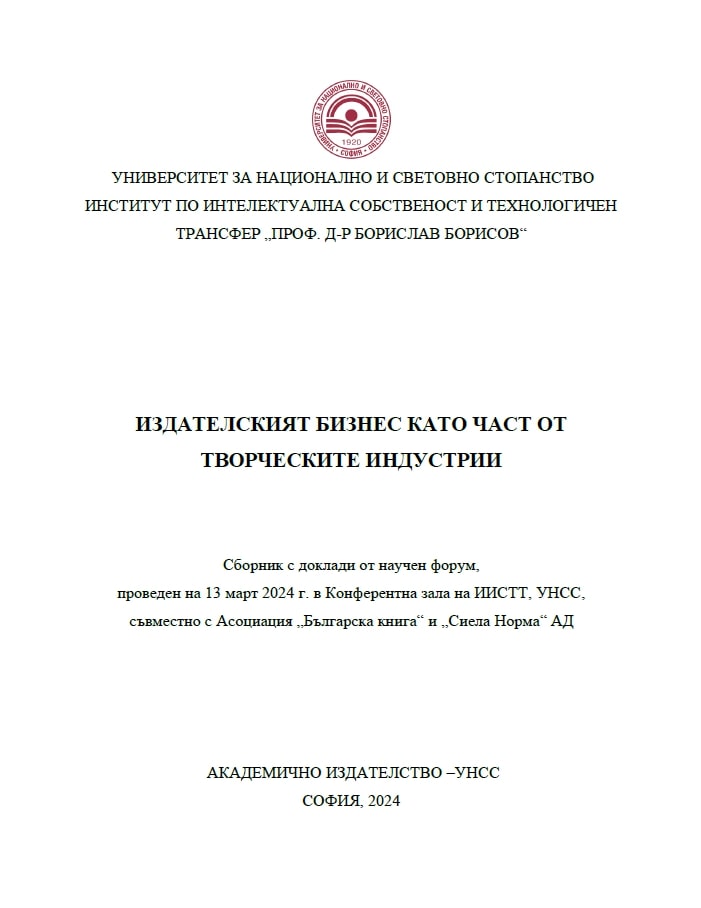
The report explores the current state and challenges facing the publishing business in the context of dynamic and turbulent world processes, identified with exponential growth in information exchange opportunities and the development of Artificial Intelligence with wide-ranging but also narrowly specialized functions, the creative industries are at a crossroads . Questions about intellectual property in the publishing business, both in its theoretical, legal and technological dimensions, as well as in the purely practical applications that confront us with the multi-layered variability of everyday life, are posed with increasing urgency and sharpness. It is important to emphasize that intellectual property rights in the publishing business are a fundamental mechanism for protecting the creative efforts of authors, translators, art designers, illustrators, etc. from the fields of literature, science and the arts and at the same time provide an opportunity for economic stability for publishers and the publishing business. In this context, the management and protection of intellectual property rights plays a key role in the success of the publishing business.
More...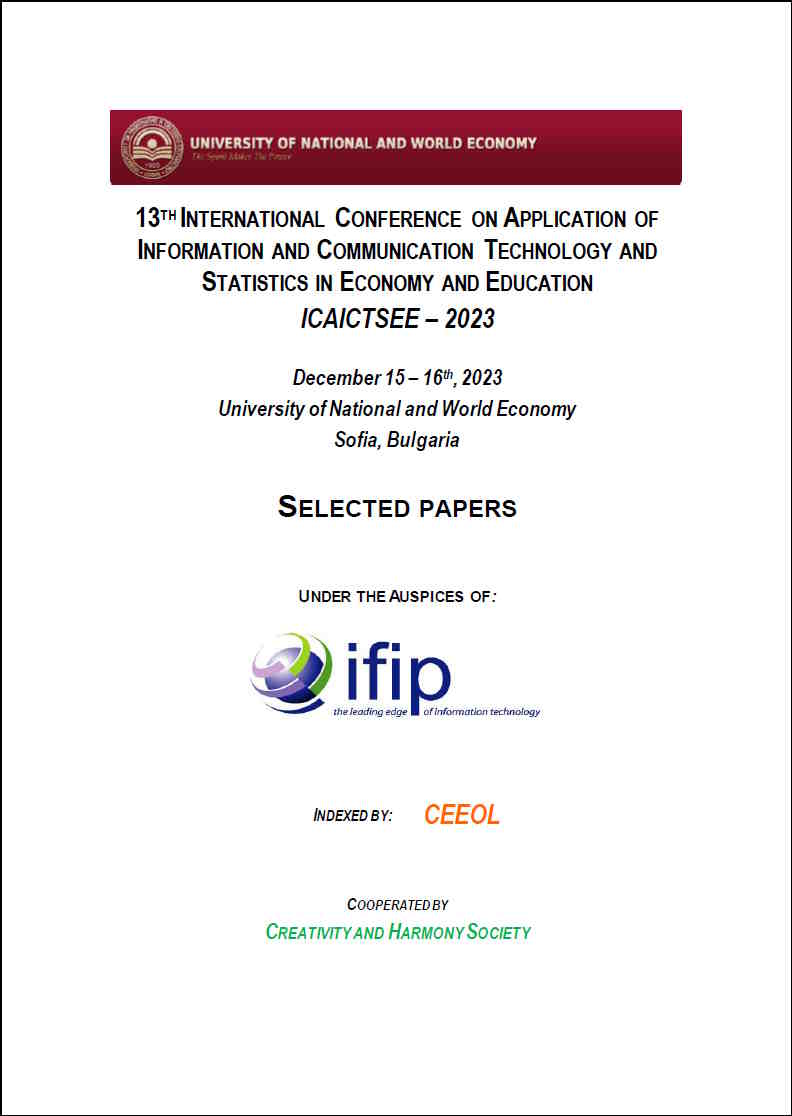
The objective of this paper is to analyze the perception of university students towards fake news by assessing the relationship between the incidence of fake news shared by themselves within their social networks and the risk assumed by students when sharing news they do not fully trust. Quantitative study through the application of a survey using a Likert scale applied to 313 students from different careers of the Faculties of Administration and Pedagogy of the Universidad Veracruzana in Mexico. Processing was carried out with descriptive and inferential statistics. The results point out the correlation between the risk assumed and the cases of false news shared indicating the existence of cases in university students with little predisposition to inquire into the reliability of the information, and who in turn, risk sharing it anyway. The variables of sex, age, semester, and educational program do not influence the risk that students assume when sharing news. However, students who claim not to share news they distrust also share fake news they do believe in on their social networks.
More...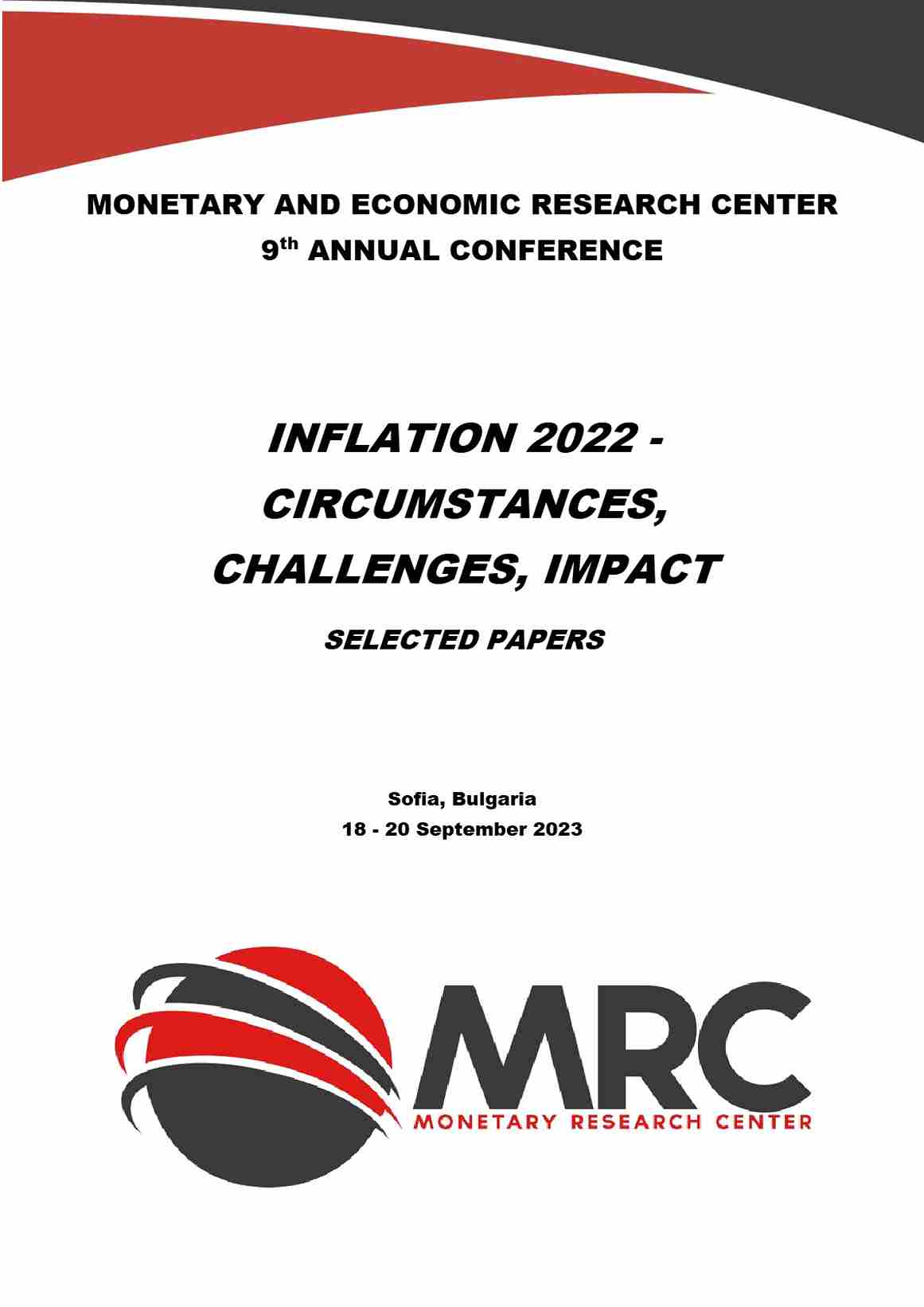
The main objective of this study is to present an analysis of selected indicators of cashless payments in Bulgaria. The main activities in the process of integration to the euro area as well as changes in regulations at the EU level are examined. The main thesis is that non-cash payments are continuously increasing, both in number and in total value, due to technological changes, the development of EU regulations, as well as the integration of the Bulgarian payment infrastructure to that of the euro area. The number of credit cards as well as POS terminals has increased significantly. The number of credit transfers and card payments increased several times, with positive dynamics also characterising payments initiated via the Internet through both instruments. Similarly, the total value of payments is also developing and the trend is expected to continue in the future.
More...